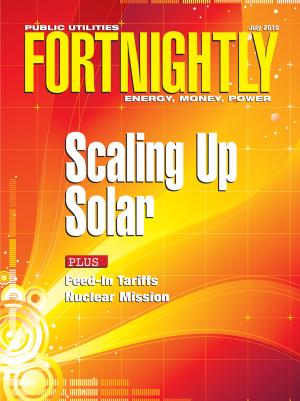California defends its cogen feed-in tariff—complete with its own virtual carbon tax.
Bruce W. Radford is publisher of Public Utilities Fortnightly.
In last month’s issue, professor Steven Ferrey, from Boston’s Suffolk University Law School, outlined in the pages of the Fortnightly how the Federal Power Act (FPA), the filed-rate doctrine, and the U.S. Constitution’s Supremacy Clause raise serious obstacles for state lawmakers or utility regulators in the United States trying to set up a European-style “feed-in” tariff (FIT).

That’s a state-imposed rule that would force retail utilities to buy power at wholesale from renewable or similarly favored green energy suppliers—a regime not appreciably different from the “must-take” purchase obligation imposed on utilities for power produced by qualifying cogeneration facilities (QFs) that was introduced in the United States three decades ago with the 1978 PURPA law. (See “FIT in the USA,” June 2010)
The authors noted how many states today are contemplating their own next-generation feed-in tariffs, going well beyond PURPA, and offered suggestions on what sort of FIT program design might suffice to win a vote of approval from FERC. And in particular, the authors cited a new case now pending at FERC that might well decide whether the FIT model can work in the United States.

